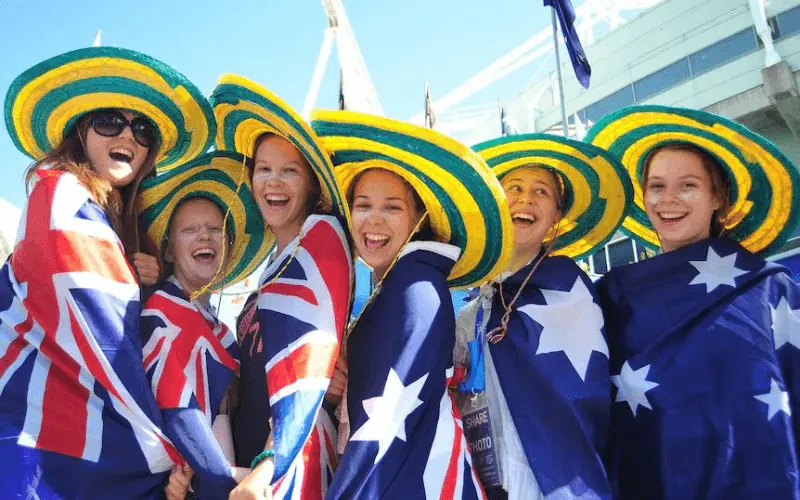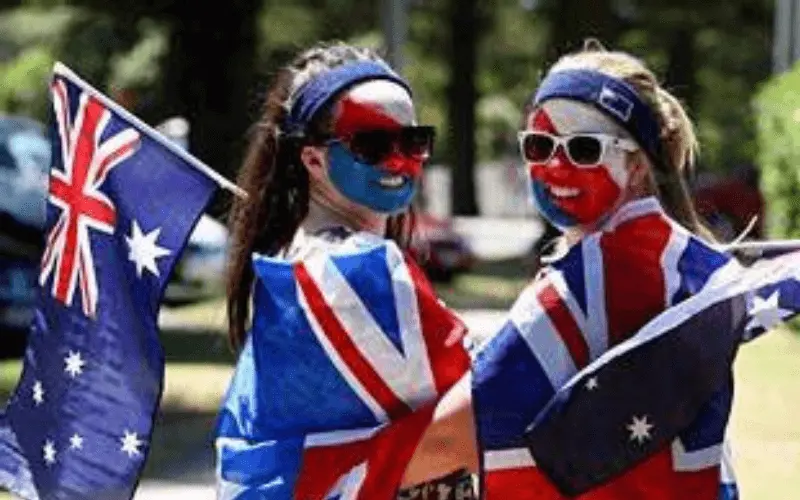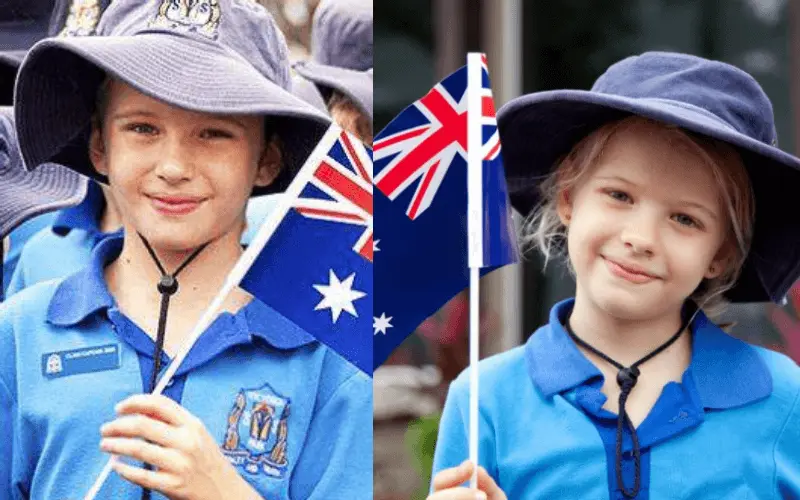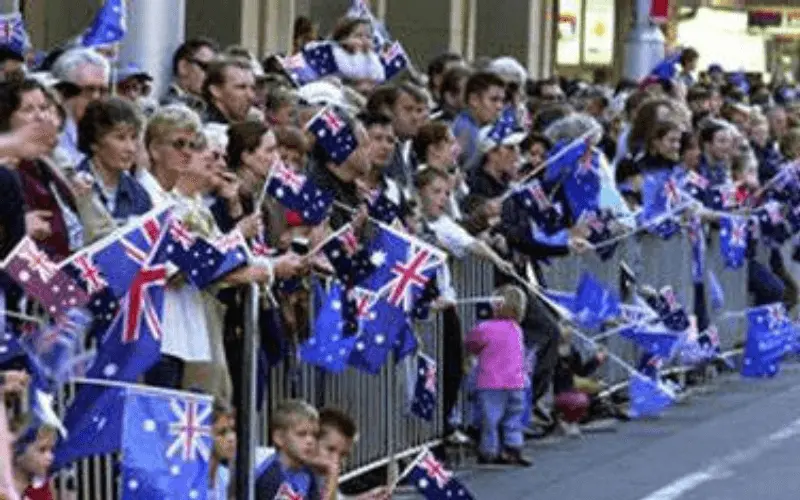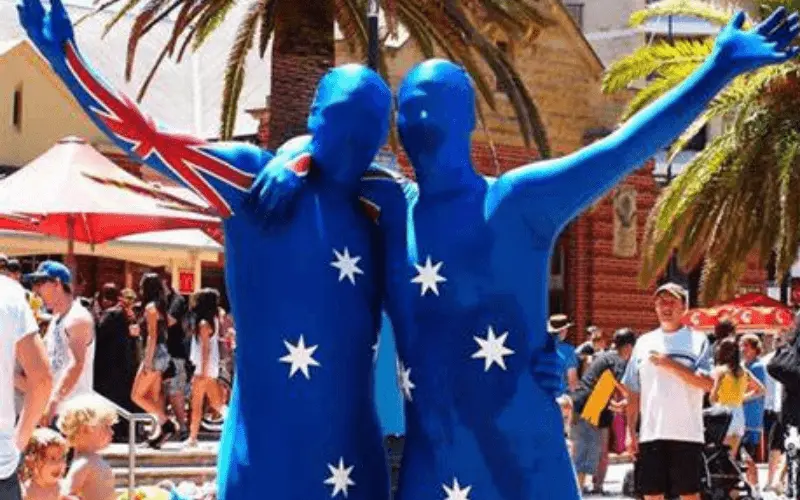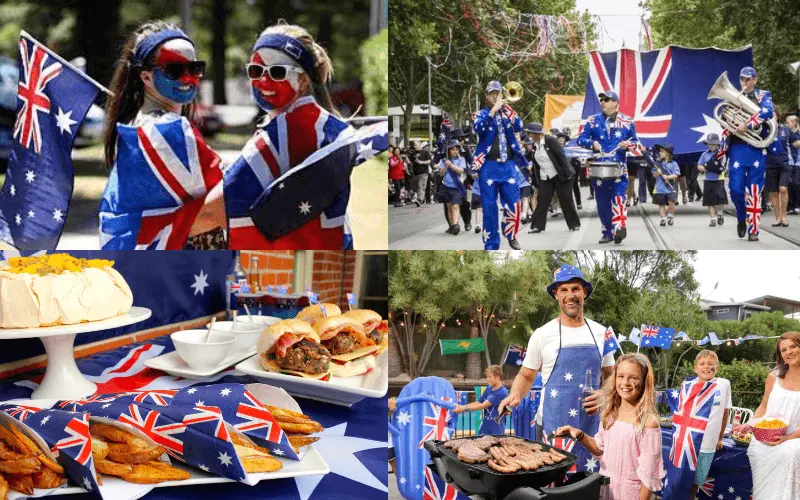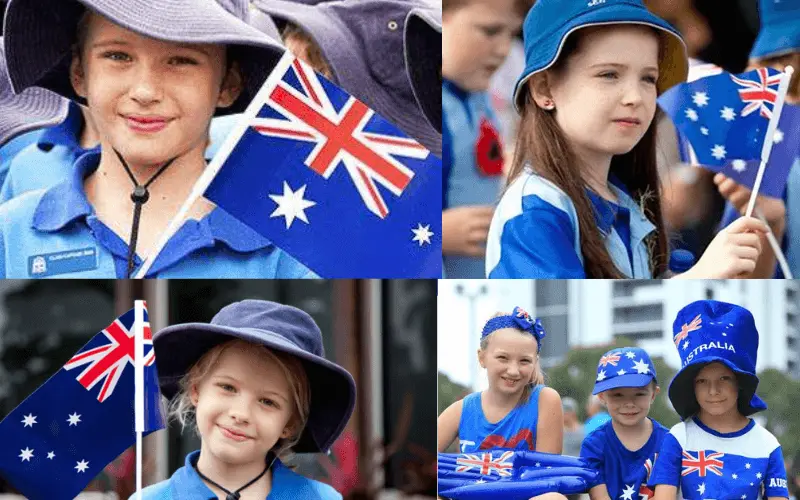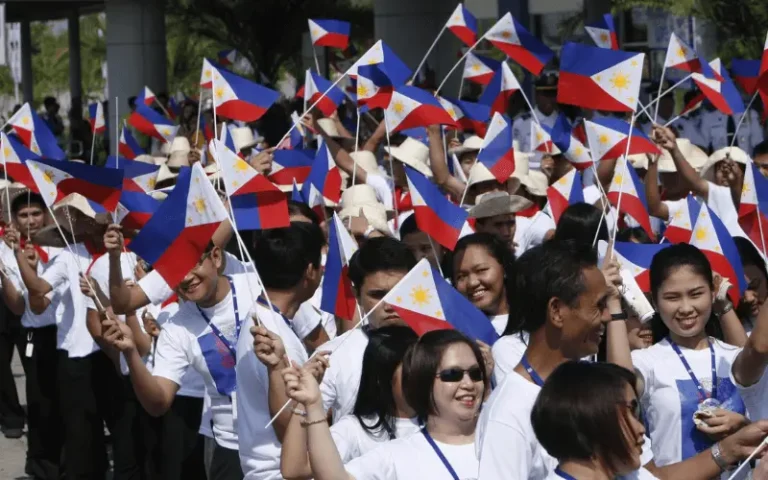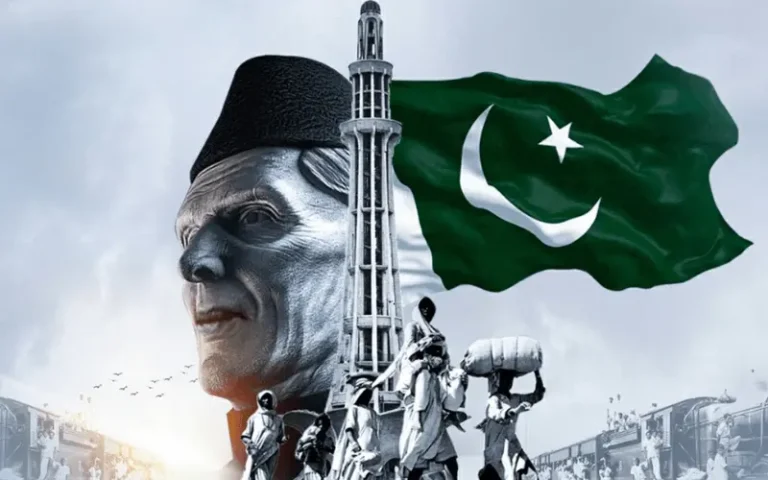Australia Day| Everything You Need to Know
Australia Day is a time when the nation comes alive with stories, laughter, and a shared spirit. It’s the day we celebrate our journey, marking the arrival of the First Fleet in 1788 a moment etched in our history books. Like a cherished family tradition, it’s a day when Australians across the country gather to embrace our identity, honor our past, and look toward our future.
Picture barbecues sizzling, kids playing cricket, and families sharing tales this is the essence of Australia Day. It’s not just a date on the calendar, it’s a feeling of a sense of pride and togetherness that fills the air. In this article, let’s uncover the heart of Australia Day its history, the colorful celebrations, and why it’s more than just a day off.
What’s Australia Day?
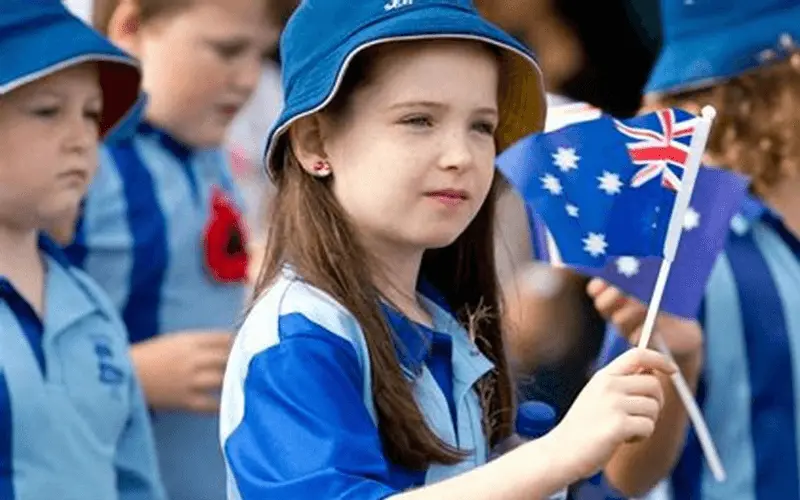
Australia Day, quite simply, is our national celebration. It’s the day we mark the anniversary of the First Fleet’s arrival in Australia back in 1788. It’s a day filled with immense pride, where we come together to honor our history, culture, and the diverse tapestry that defines us as Australians.
Celebrated annually on January 26th, Australia Day is more than just a date, it’s a collective embrace of our national identity. Families and communities mark this significant day with a myriad of festivities. From fireworks lighting up the skies to resonating traditional music and vibrant cultural shows, the air buzzes with a shared sense of patriotism and celebration of our heritage. This day offers a moment for all Australians to reflect, connect, and rejoice in our collective journey.
What’s the History of Australia Day?
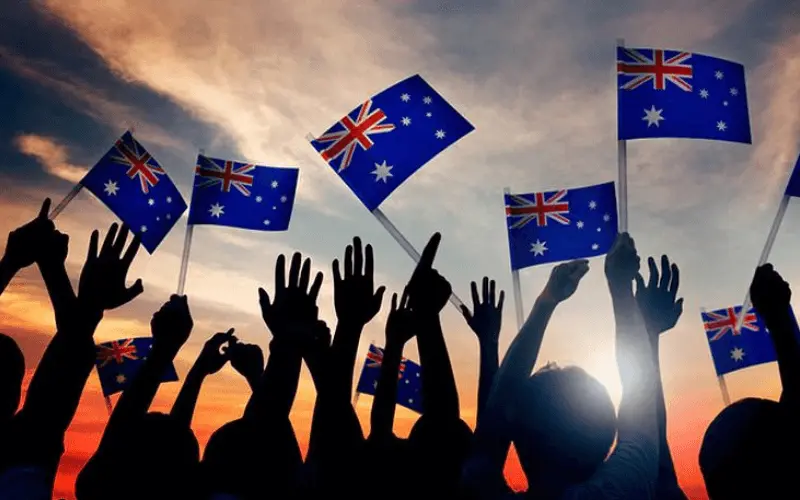
Australia Day finds its origins in the pivotal event of the First Fleet’s arrival in 1788. This marked the beginning of Australia’s story as we know it today. Over the years, this day evolved, becoming a significant national holiday symbolizing unity and pride for the country.
From 1788 to the 1830s and well into the 20th century, this day transformed from a mere commemoration to a time of reflection and celebration. It became an occasion to honor Australia’s diverse heritage and culture. In 1988, the Bicentenary of this momentous arrival highlighted the nation’s journey, recognizing both its achievements and the challenges faced along the way.
Today, on the 26th of January each year, Australians come together to commemorate this historic event. While the day is filled with festivities and community gatherings, it also raises discussions about its meaning, particularly concerning its significance to Indigenous communities and the country’s colonial past.
What’s The Importance of Australia Day Flag Symbol?
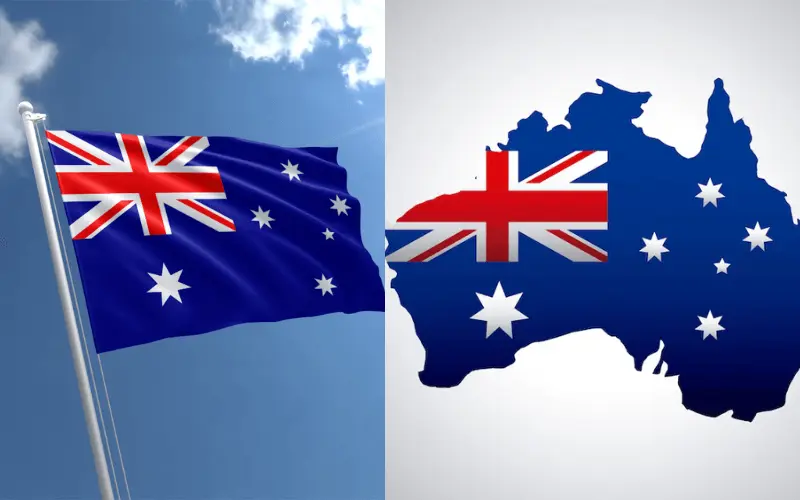
The Australian flag stands as a powerful symbol, reflecting the nation’s complex history and identity. Its design encompasses the history of British settlement in Australia, featuring the Union Jack in the top left corner. This incorporation acknowledges the country’s colonial past and the influence of British heritage on Australian soil.
The flag’s stars specifically the Commonwealth Star under the Union Jack represent Australia’s federation, with the Southern Cross constellation highlighting the country’s geographical location in the Southern Hemisphere. Together, these elements encapsulate Australia’s diverse history, unity, and place in the world.
When will Australia Day Be Celebrated in 2024?
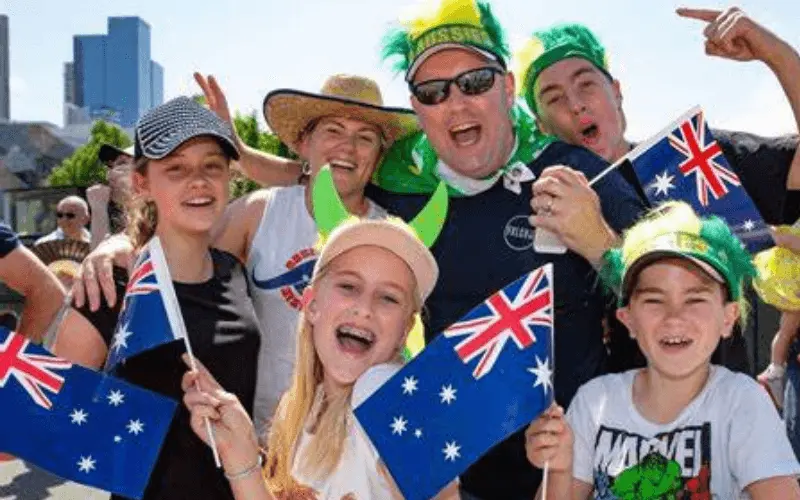
Australia Day will be celebrated on Friday, January 26, 2024, marking the annual commemoration of the arrival of the First Fleet in Australia.
How Is Australia Day Celebrated?

On Australia Day, the nation’s 21 million-strong population unites, engaging in diverse celebrations that honor the country’s rich history and cultural tapestry. Over half of Australians actively participate in organized community events or gather with loved ones, fostering a collective spirit of national pride and togetherness.
While Australia Day symbolizes unity and celebration, it’s also a time for reflection. Indigenous Australians’ profound contributions are acknowledged, yet some view the day as Invasion Day, Survival Day, or Day of Mourning, highlighting the complex and sensitive nature of this occasion. Debates continue around inclusivity and respect, amplifying discussions on potentially changing the date or name of the holiday to ensure it reflects all Australians’ heritage and history.
Frequently Asked Questions
What is Australia Day and why is it celebrated?
Australia Day commemorates and celebrates the arrival of the First Fleet in Australia. This pivotal event occurred on January 26, 1788, marking the beginning of British settlement in the country. It serves as a significant milestone, symbolizing the nation’s historical journey and cultural heritage. Australians celebrate this day to reflect upon their history, diversity, and achievements as a nation, honoring the foundations upon which modern Australia was built.
Why is Australia Day celebrated on May 8th?
Australia Day is celebrated on January 26th, not May 8th. It’s primarily observed on January 26th because of its historical significance marking the arrival of the First Fleet in Australia in 1788. The date also has ties to the opening of the first Federal Parliament on May 9th, adding to its historical importance. There might be confusion due to a playful association between May 8 and the Australian term mate because of their similar pronunciation, but the official Australia Day is indeed on January 26th.
What does Australia Day mean for kids?
Australia Day holds different meanings for kids. It’s a celebration that marks the day in 1788 when Arthur Phillip established the first permanent European settlement in Australia. For kids, it’s a time to learn about their country’s history, and the diverse cultures that make up Australia, and to appreciate the land they call home. It’s also an opportunity for kids to participate in various fun activities, events, and educational programs that highlight Australia’s heritage and achievements. Overall, Australia Day for kids is a blend of learning, celebrating, and embracing the country’s rich history and cultural diversity.
What food is eaten on Australia Day?
On Australia Day, a variety of foods grace the tables, showcasing the country’s culinary heritage. Some quintessential dishes include snags, a must-have for a barbecue, as well as the iconic Aussie meat pies, a savory delight enjoyed by many. Vegemite, a spread synonymous with Australian culture, makes an appearance, adding a uniquely Aussie flavor to the festivities. Sausage rolls, prawns, salads, and succulent lamb dishes often take center stage, alongside damper, a traditional Australian soda bread. These dishes create a delightful tapestry of flavors, celebrating the nation’s diverse cuisine on this special day.
why do we celebrate Australia Day on the 26th of January?
Australia Day is celebrated on the 26th of January to mark the anniversary of the arrival of the First Fleet in 1788. This date symbolizes the commencement of British colonization and the establishment of the first European settlement in Australia. It holds historical significance as the foundational moment in Australian history, making it a day of commemoration and reflection on the country’s heritage and cultural identity.
Is Australia Day a public holiday?
Yes, Australia Day is recognized as a public holiday across the country. It is a day when many Australians have the day off from work, allowing them to participate in various events, gatherings, and celebrations that commemorate the nation’s history and culture.
Why is Australia Day offensive to Indigenous?
Australia Day is viewed as offensive to some Indigenous Australians because it marks the anniversary of the arrival of the First Fleet, which led to British colonization and had significant negative impacts on Indigenous communities. For many Indigenous peoples, this date represents the beginning of dispossession, loss of culture, and the mistreatment of their ancestors. The celebration of Australia Day on January 26th is seen as a painful reminder of the historical injustices, prompting calls for the day to be recognized differently or for changes to acknowledge and respect Indigenous perspectives and experiences.
When was the first Australian Day celebrated?
The first Australia Day was celebrated on January 26, 1788, marking the arrival of the First Fleet and the establishment of the first European settlement in Australia.
Read other National Independence Day Guides by daysdiscuss
India Republic Day|Celebrating 75 Glorious Years on January 26th
Qatar National Day| December 18| Discover the Essence and Grandeur
Sri Lanka Independence Day 2024 (Discover the Rich History, Celebrations, and Dates)
Serbia Statehood Day (All You Need To Know About Serbia National Day)

